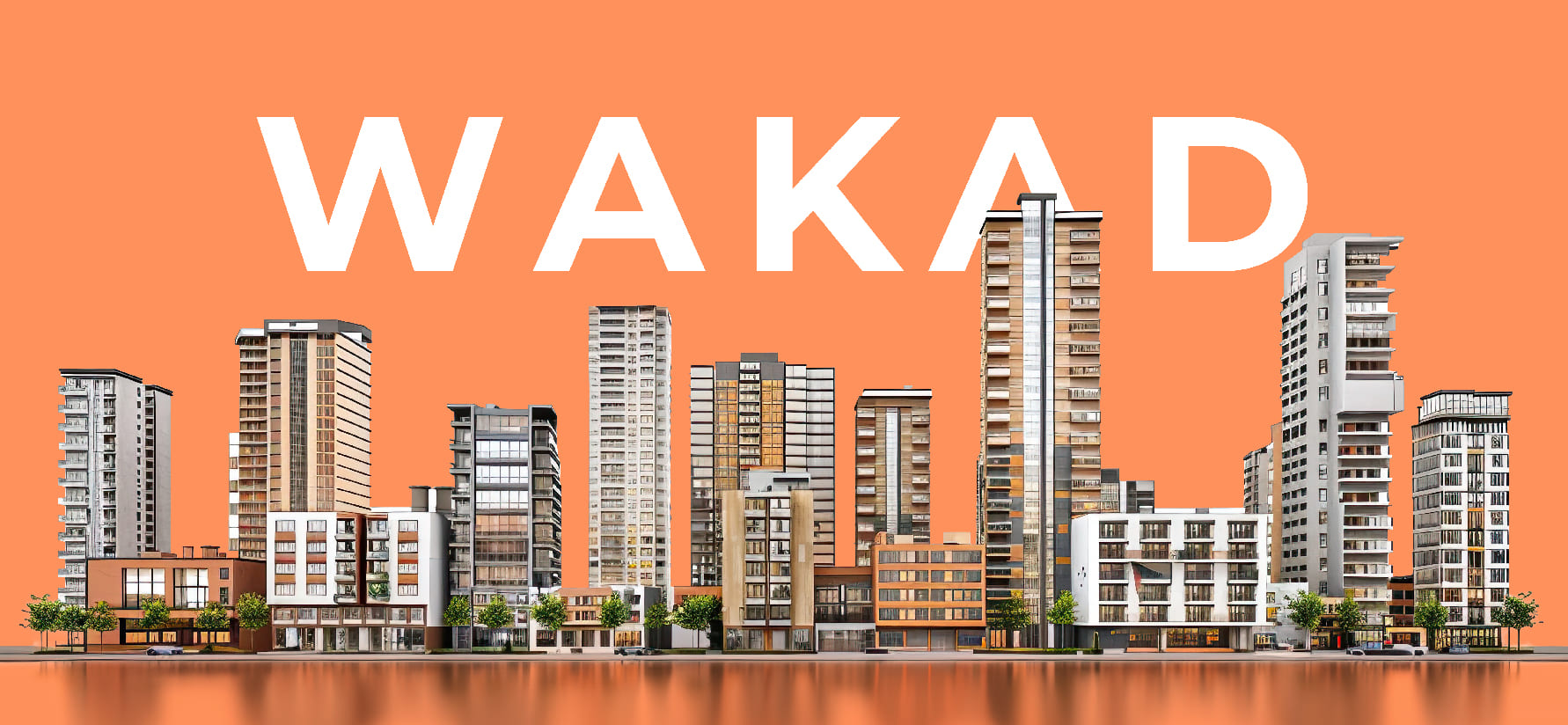Introduction
Owning the best property or still looking to own one? The Pune Property Card is a crucial document you just can’t ignore. Issued by the Pune Municipal Corporation (PMC), this card acts as official proof of ownership and simplifies property transactions. Whether you’re buying, selling, or applying for a loan, having a Property Card ensures transparency and legal security.
In this blog, we’ll explore all the aspects
What is the Pune Property Card?
The Pune Property Card is an official document issued by the Pune Municipal Corporation (PMC) that confirms property ownership and its details. It serves as a legal record and includes crucial property-related information such as:
- Property size
- Location
- Market value
- Survey number
Having this card is essential for ensuring legal proof of ownership, preventing fraud, and enabling seamless property transactions.
Why is it Important?
Here are some key reasons why this Card is important:
- Legal Proof of Ownership The Property Card verifies essential details like property size, location, and ownership, making it a vital document for buying, selling, or inheriting a property.
- Prevents Fraud A registered Property Card protects property owners from disputes and fraudulent claims. It acts as solid proof in case of any legal conflicts.
- Simplifies Processes Many legal and financial processes, such as home loan approvals, property tax payments, and resale transactions, become smoother with an officially registered Property Card.
How to Register for Pune Property Card
If you are a property owner in Pune and need to register for a Property Card, these steps will help you:
- Visit PMC’s Official Website – Open the Pune Municipal Corporation’s website and navigate to the property services section.
- Fill Out Property Details – Enter essential property information such as the survey number, location, and current ownership details.
- Upload Required Documents – Prepare and upload scanned copies of necessary documents, such as:
- Property tax receipts
- Sale deed or ownership proof
- Identity proof (Aadhaar Card, PAN Card, etc.)
- Pay Registration Fees (if applicable) – Some property registrations may involve a nominal fee. Ensure you complete the payment online.
- Submit the Application – Review the filled details and submit the application for verification.
How to Apply Online
The Pune Municipal Corporation has made it easier to apply for a Property Card online. Just follow these simple steps:
- Go to the PMC Website – Visit the Pune Municipal Corporation’s official portal.
- Create an Account – If you don’t already have an account, register by providing your email ID and phone number.
- Log in & Fill the Application Form – Enter all required property details carefully.
- Upload Scanned Documents – Attach scanned copies of ownership proof, survey number details, and other required documents.
- Pay Online – Complete the payment process securely through online payment options.
- Get a Reference Number – Once submitted, you’ll receive a reference number that allows you to track the application status.
Important Tips
To ensure a smooth application process, keep these important tips in mind:
- Double-check details: Enter accurate property and personal details to avoid rejections or delays.
- Have documents ready: Ensure all necessary documents are available before starting the application process.
- Stay updated: Keep your property records and PMC details up to date to avoid future issues.
Property Card vs. 7/12 Extract: What’s the Difference?
Many property owners get confused between the Property Card and the 7/12 Extract (Satbara Utara). Here’s a comparison:
| Feature | Property Card | 7/12 Extract (Satbara Utara) |
|---|---|---|
| Issued By | Pune Municipal Corporation (PMC) | Revenue Department of Maharashtra Government |
| Purpose | Proof of ownership and urban property details | Agricultural land record and ownership details |
| Applicable For | Urban properties | Rural and agricultural land |
| Information Included | Property size, location, market value, ownership details | Land ownership, crop details, land type |
| Importance | Needed for property transactions, home loans, and legal proof | Important for rural land transactions, inheritance, and agriculture purposes |
Conclusion
The Pune Property Card is an essential document for property owners, ensuring smooth and secure transactions. It serves as official proof of ownership, prevents fraudulent activities, and simplifies the buying or selling process.
If you’re planning to buy or sell property in Pune, make sure to apply for your Property Card online. With a hassle-free digital process, you can safeguard your investment and enjoy a stress-free property experience.
To know more about real estate and the real estate world let BeyondWalls help you with that! It’s the best property site in India.










